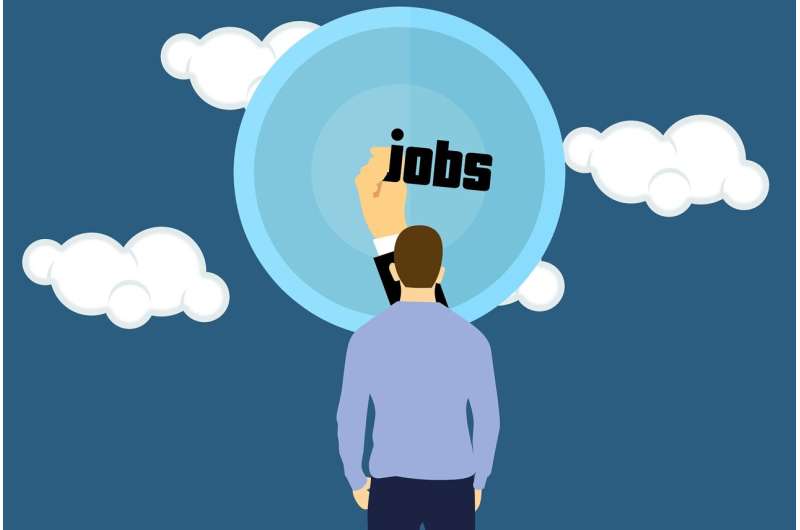Altruism can make jobseekers afraid to negotiate salary

Job seekers looking to land a role with an altruistic organization may feel too guilty to ask for higher pay, according to a new study from the McCombs School of Business at The University of Texas at Austin.
Both for-profit and nonprofit organizations increasingly employ what has been termed “social impact framing” that emphasizes that their work has welfare benefits for society.
Although companies might have entirely noble intentions when using social impact framing, a recent study by Texas McCombs Assistant Professor of Management Insiya Hussain illustrates how it may work against prospective employees during salary negotiations. Specifically, job candidates exposed to such messaging feel it would be against company norms to ask for higher pay.
“This speaks to a broader social phenomenon about how we view money when it comes to doing good,” Hussain said. “There’s an implicit assumption that money and altruism don’t mix. Money taints attempts to do good. Even if job candidates might not necessarily subscribe to this view, they’re assuming that hiring managers will.”
The research is online in advance in Organization Science.
Hussain and co-authors Marko Pitesa and Michael Schaerer of Singapore Management University and Stefan Thau of INSEAD found that job candidates who were exposed to social impact framing refrained from negotiating for higher salaries because they felt uncomfortable with that “ask.”
They were concerned that asking for a greater material reward when an organization emphasized altruistic goals would be seen as inappropriate by those with hiring power, and they might thus be viewed unfavorably.
The researchers describe this attitude as a “self-censoring” effect, which Hussain said is a novel finding for research on social impact framing and wage demands. Prior work assumed that candidates sacrificed pay for meaningful work. Hussain and colleagues show this effect may be driven by job candidates feeling uncomfortable with such negotiation.
Whether companies are intentionally using social impact framing to suppress pay is unclear. But, regardless, the researchers suggest managers should be aware of what it may be costing the company in terms of human resources. They suggest that if managers are educated about their motivation purity bias, they can better temper their approach to prospective employees who ask about material rewards.
They also recommend managers create greater transparency about company norms and values regarding compensation, and that they offer job rewards based on objective criteria instead of salary negotiations.
“Job seekers could consider whether companies that stress social impact take care of their own employees—financially or otherwise,” Hussain said. “And companies shouldn’t assume that extrinsically motivated workers don’t care about the job and aren’t willing to work hard to perform well.”
More information:
Insiya Hussain et al, Pay Suppression in Social Impact Contexts: How Framing Work Around the Greater Good Inhibits Job Candidate Compensation Demands, Organization Science (2023). DOI: 10.1287/orsc.2023.1675
Citation:
Altruism can make jobseekers afraid to negotiate salary (2023, May 4)
retrieved 4 May 2023
from https://phys.org/news/2023-05-altruism-jobseekers-salary.html
This document is subject to copyright. Apart from any fair dealing for the purpose of private study or research, no
part may be reproduced without the written permission. The content is provided for information purposes only.
For all the latest Science News Click Here
For the latest news and updates, follow us on Google News.

